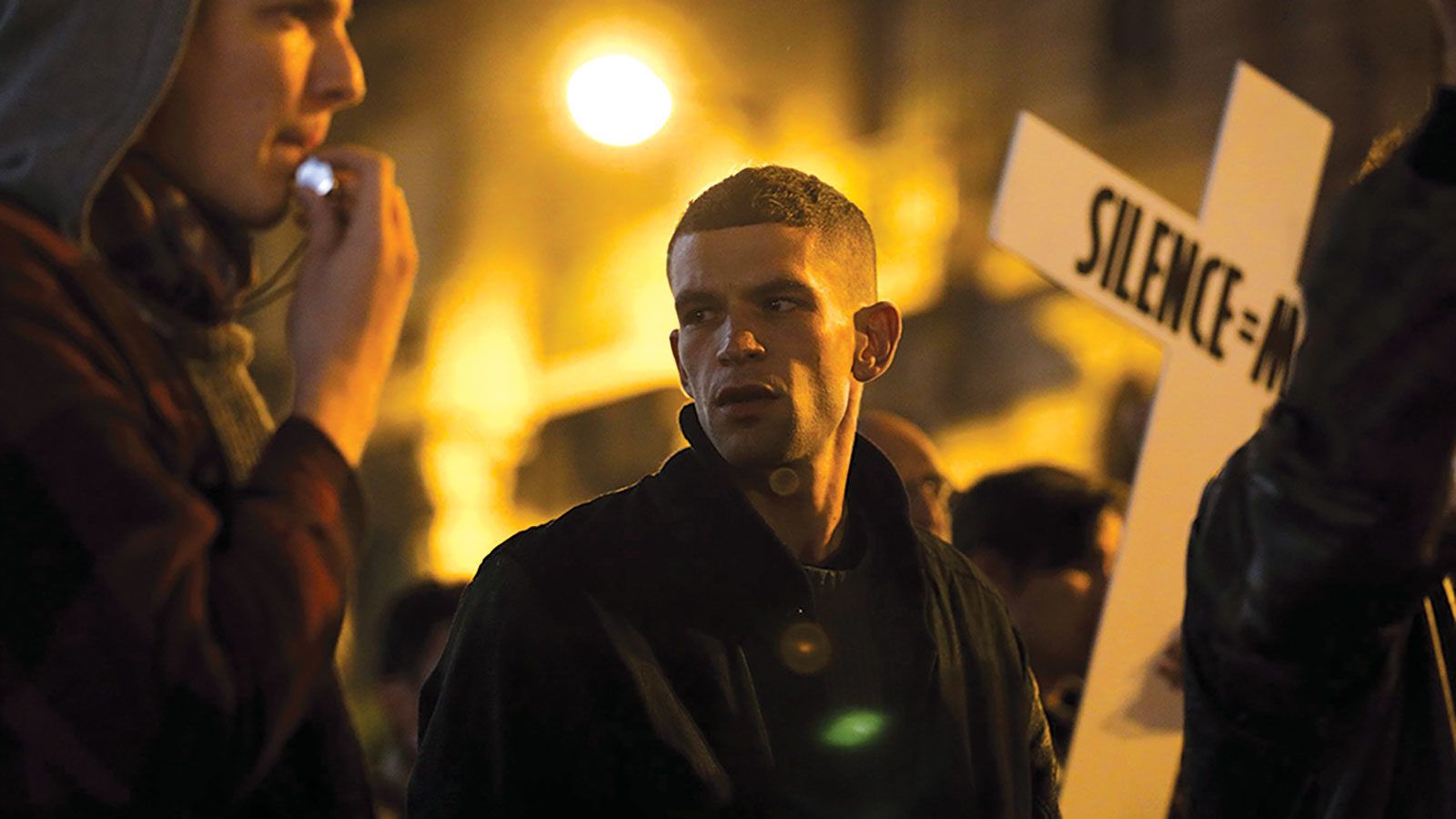
Short Take: BPM (Beats Per Minute)
Anyone who buys a ticket to Robin Campillo’s new drama about AIDS activists in 1990s Paris will likely be moved by it. ACT UP’s persistent, petulant gumption remains an invigorating model of resourceful organizing among a persecuted minority, with sad but pressing resonances today. Specific character details and emotional through-lines are also stirring: a young rabble-rouser (Nahuel Pérez Biscayart) facing an early demise is surprised by the affections of a newer, shyer comrade (Arnaud Valois); a capable leader (Antoine Reinartz) cannot deduce why he is followed but not loved; the women, for all their devotion and tactical brilliance, wrestle with their roles in what often feels like a boys’ club.

The difference between liking and loving BPM might hinge on your reaction to how the restive public panoramas of the first half give way to more intimate dramas in the second. Is Campillo rooting politics where it belongs, in the personal, or somewhat narrowing his vision?
A few scenes stand out: rare and candid glimpses of sexual practice between “poz” and “neg” partners, and an ingenious depiction of how past lovers haunt subsequent liaisons. For the most part, BPM doesn’t worry much about undertaking formal innovation, and instead focuses squarely on helping audiences honor (or perhaps discover) the years of die-ins, guerrilla pamphleting, and peer-led immunology seminars. This is pedagogical cinema made warm and rousing—lively, and against heavy odds.







